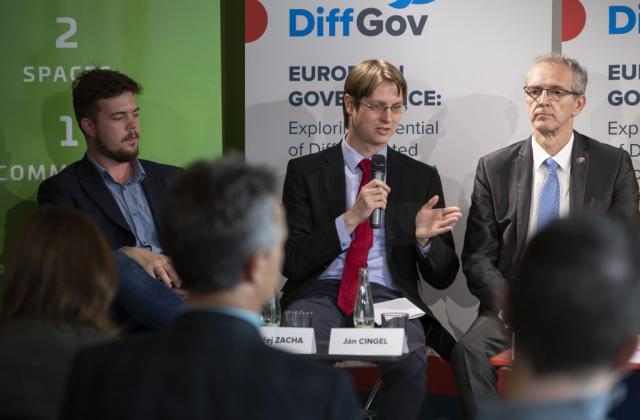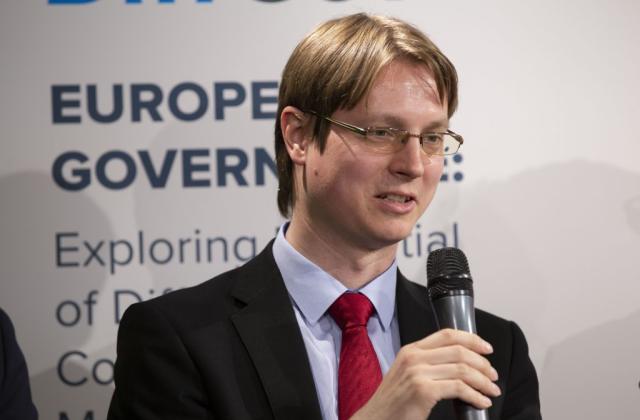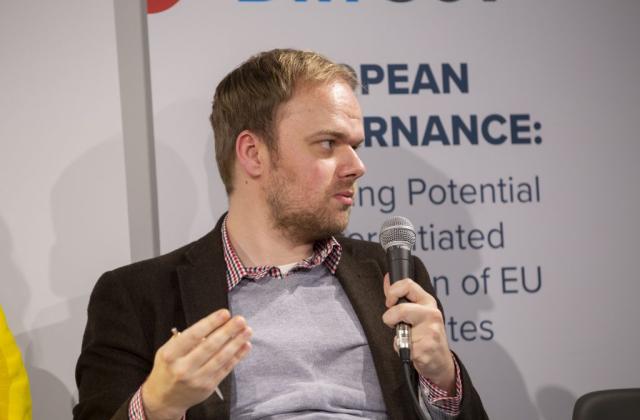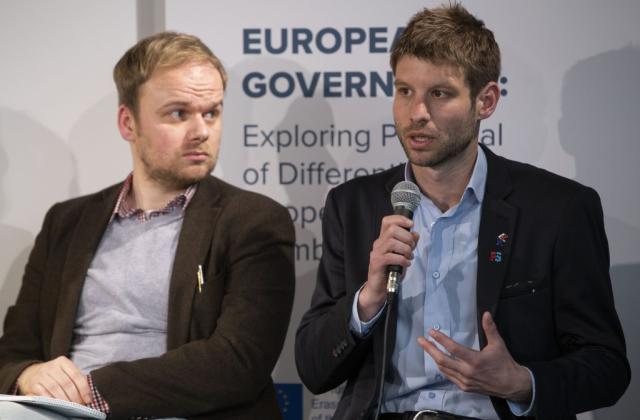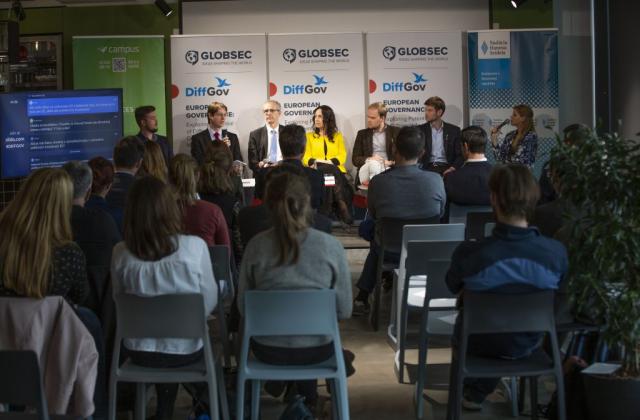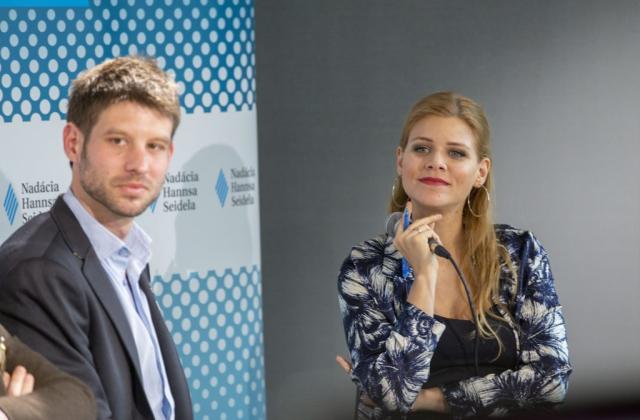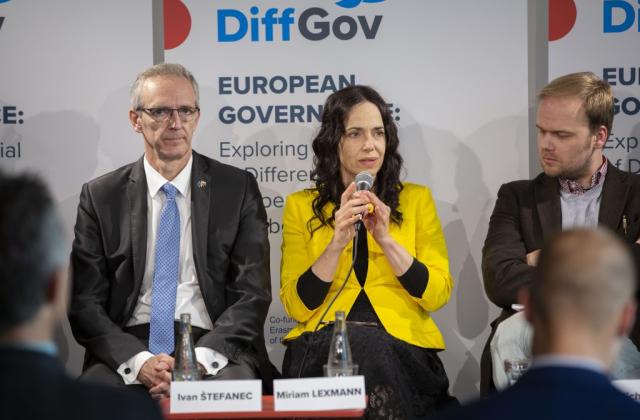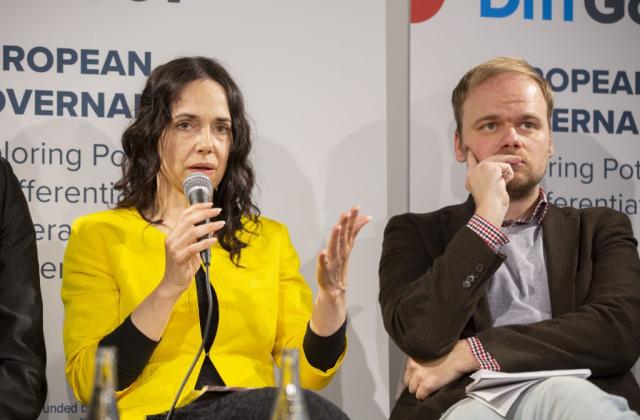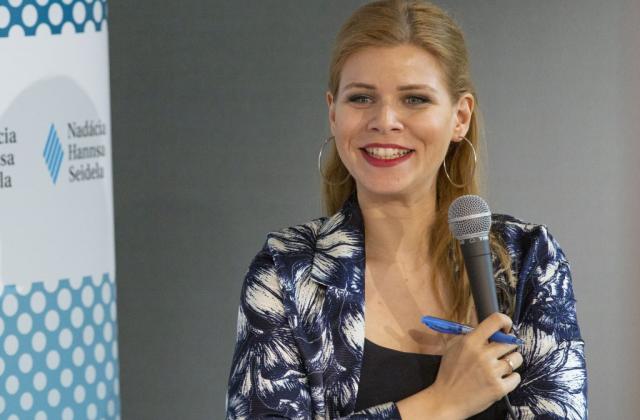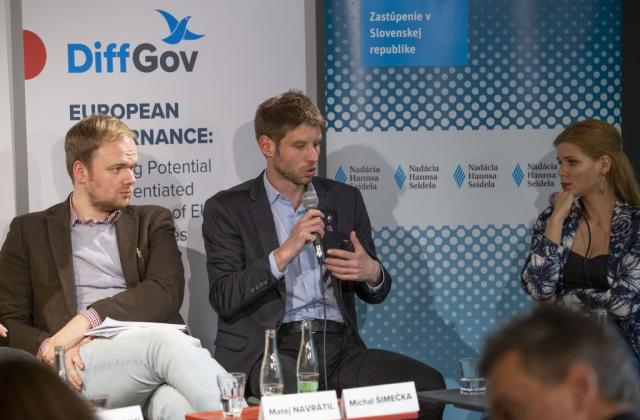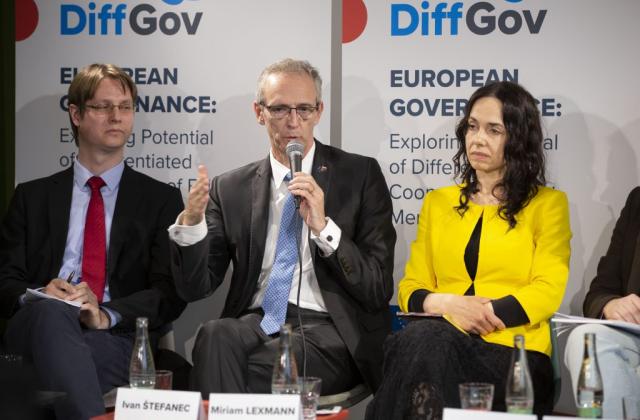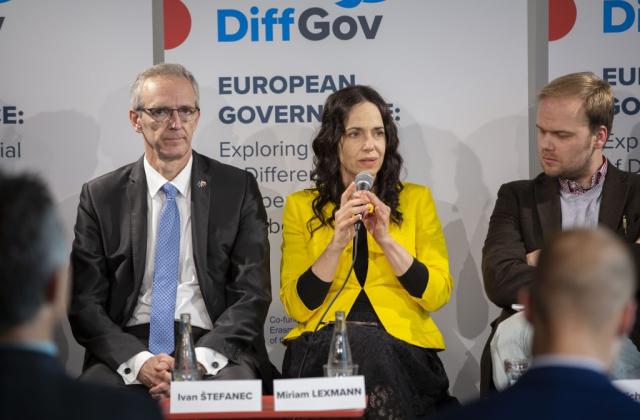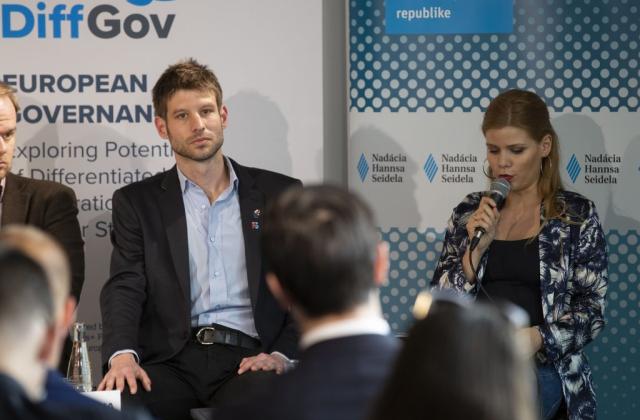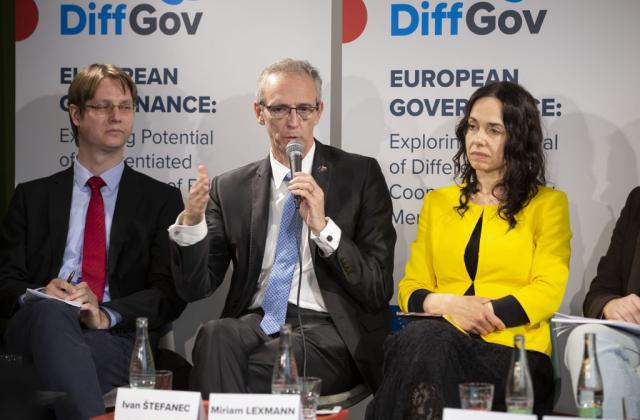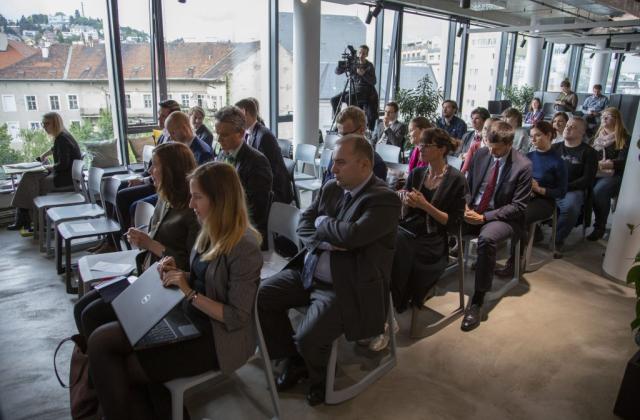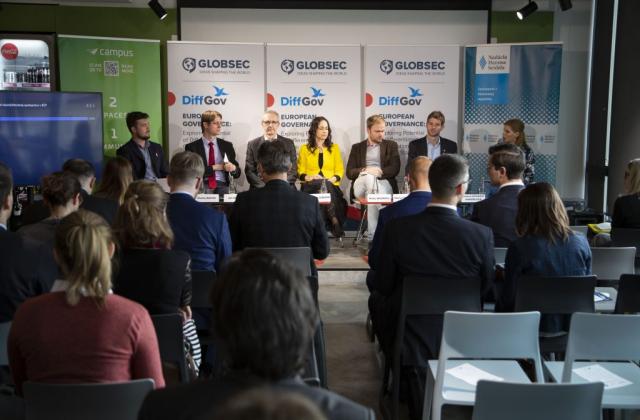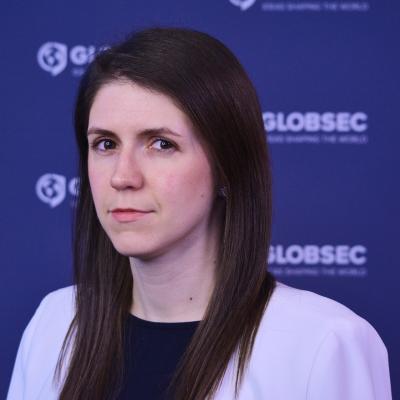Slovakia celebrates its 10th birthdays in the eurozone while its neighbours are still playing the ‘wait and see’ game
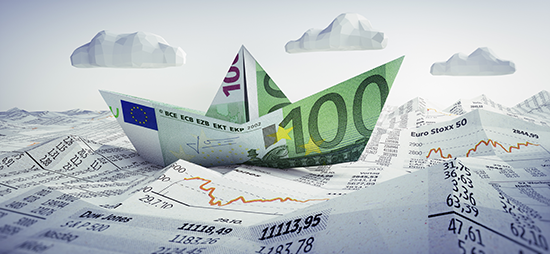
The establishment of the European Monetary Union (EMU) was underpinned by a desire to advance the process of economic integration among the EU member states in a way that was as ambitious as it was perhaps naïve – by giving individual states an opportunity to temporarily or permanently opt-out without that having any significant impact on the overall integrity of the union. To what extent has this ambition been fulfilled can be evaluated by looking at the case of Slovakia and the V4. Is Slovakia as a member of the eurozone closer or further from the European ‘core’ in comparison to its Visegrad neighbours?
As a matter of fact - joining the EMU is something that all four Visegrad countries committed to in their ascension treaties. Czechia, Poland and Hungary should join as soon as they fulfil all legal and economic criteria on independence of the central bank, inflation, long-term interest rates, fiscal situation, and stability of exchange rates. Joining the eurozone could advance two major economic goals that all the V4 countries share. First, to make their economies grow faster. Second, to speed up real convergence with the most developed countries in the EU; something that has notable implications on how the populations in these countries measure the success of the EU project as a whole. In fact, the EU is primarily identified in the region as an economic union that provides economic benefits to the Member States, according to GLOBSEC study “Young People, EU Citizenship and Activism”.
What is more, being part of the eurozone, or “jadro Europy” (the core of Europe) as it is referred to in Slovakia could elevate the profile of the V4 and boost their political influence in the EU (be it as a group or on individual basis). This would also be a good step to start overcoming the East – West divide. And yet, as Slovakia celebrates its first decade with the euro, its neighbours are still playing the ‘wait and see’ game, considering whether to not postpone the EMU membership for another decade or indeed remain outside entirely.
Two key factors are at play here. Firstly, there is the uncertainty about the balance between the (predominantly economic) costs and benefits of adopting the euro. Slovakia joined the eurozone mere five years after joining the EU, after a period of sustained economic reforms and positive economic performance, accelerated by the anticipation of adopting the euro. The euro had an immediate boosting effect on most of the economic indicators in comparison with Czechia for example. Yet, the economic crisis has resulted in a cool down which throws a shadow of doubt over the benefits of the common currency long-term. Adopting the euro so far has not emerged as the alternative in Czechia (one of the few CEE countries with a higher GDP than Slovakia). It is mainly because it has not enforced any solution to its long-term structural problems while the initial boosting factors have diminished over time (as evidenced by the post-crisis comparison). In addition, Slovakia’s macroeconomic stability during the period most affected by the crisis was also somewhat volatile compared to the rest of the euro area.
That all being said, the euro is still perceived positively overall, in political and business circles and among the public and there is hardly any talk of suggesting an alternative or indeed of leaving the EMU. We can assume that Slovaks’ support for the euro is twofold. Firstly, it is rooted in the conviction that the country being „jadro Europy“, which translates into stronger political influence on the European level. Secondly, thanks to having the euro as a currency Slovakia is perceived as a credible and attractive place for investment and business. Coincidentally, the second key factor impacting the decision whether to join the eurozone or not for the remaining Visegrad countries is the dilemma of whether the region can only achieve its goals by deepening integration, thus sacrificing their national sovereignty (as all four countries have come to understand it historically).
From the very beginning, Slovakia has made the effort to closely follow the EMU rules. This refers to the creation of its own debt rules in 2012 or following the Excessive Deficit Procedure that was started against Slovakia by the European Commission. Consequently, Slovak government further restricted its role to stimulate the economy. Politically, the country has been a supporter of Germany’s model for the euro area; it has also been outspoken in its preference for fiscal discipline over burden-sharing among the euro-area members. The country is deeply integrated within the single market and can certainly be a strong partner if it continues to build on the benefits that membership in the eurozone brings.
At the same time, there is a risk that Brexit, which will probably weaken the influence of non-euro EU-members, may cause further internal fragmentation of the V4. Slovakia as the only member of the eurozone will stand out from the Visegrad group. To put it simply, if V4 is divided on the plans for the eurozone reform, it may have less political impact on the future of European integration.
Having one of its members in the eurozone could benefit the V4 if the Czech Republic, Hungary and Poland could work closely with Bratislava on joint proposals for the future shape of the eurozone that is most favourable to the V4 economic model as a whole. Not only would that give Slovakia more weight in the internal discussion about the future of the eurozone, it would also give the remaining countries more time to stay out of the club until they decide which side of the metaphorical fence fits them best.
Note: This article is published within GLOSBEC DIFF GOV — „European Governance: Potential of Differentiated Cooperation“ project supported by Jean Monnet Activities of the EU Programme Erasmus+.
The European Commission support for the production of this publication does not constitute an endorsement of the contents. which reflects the views only of the authors, and the Commission cannot be held responsible for any use which may be made of the information contained therein.

